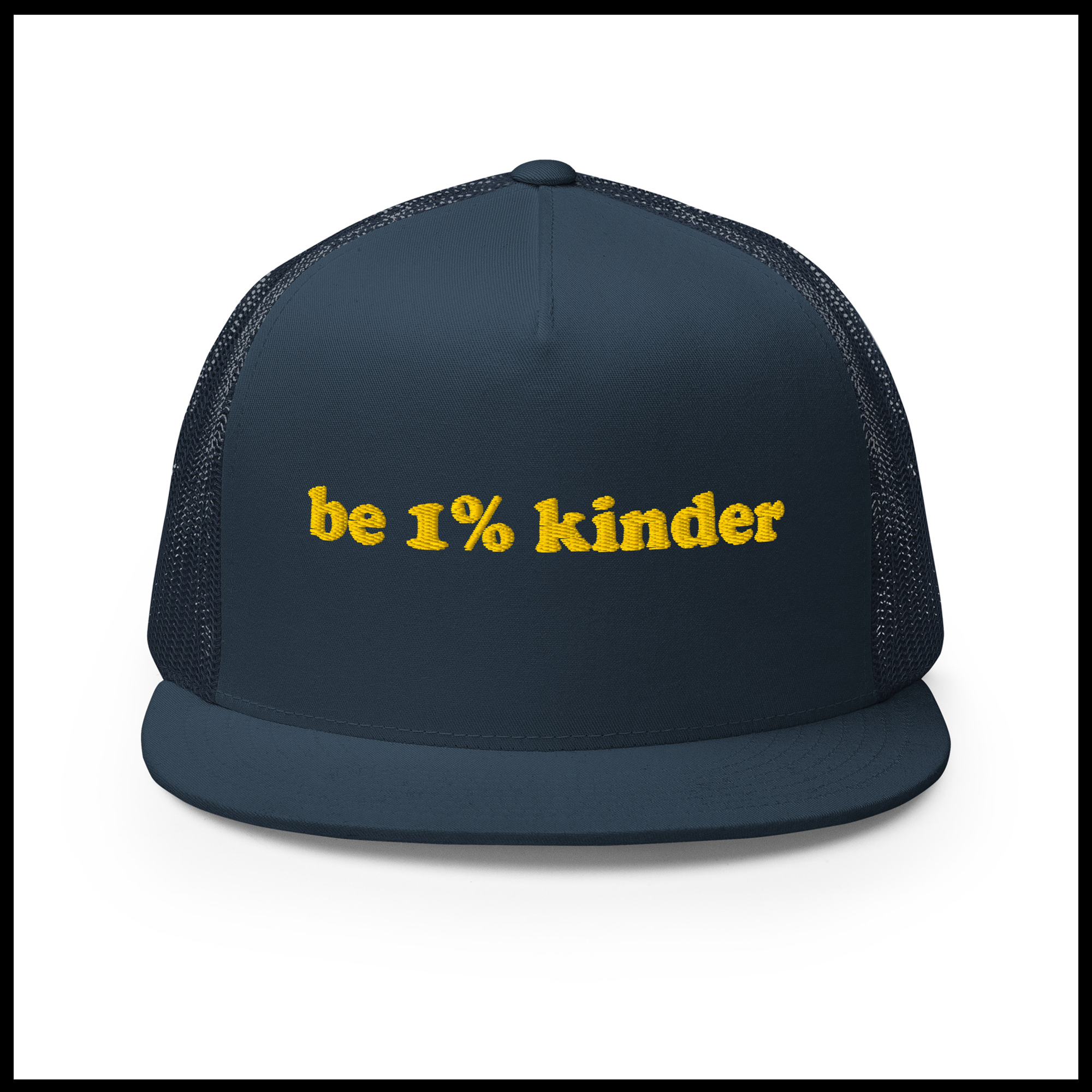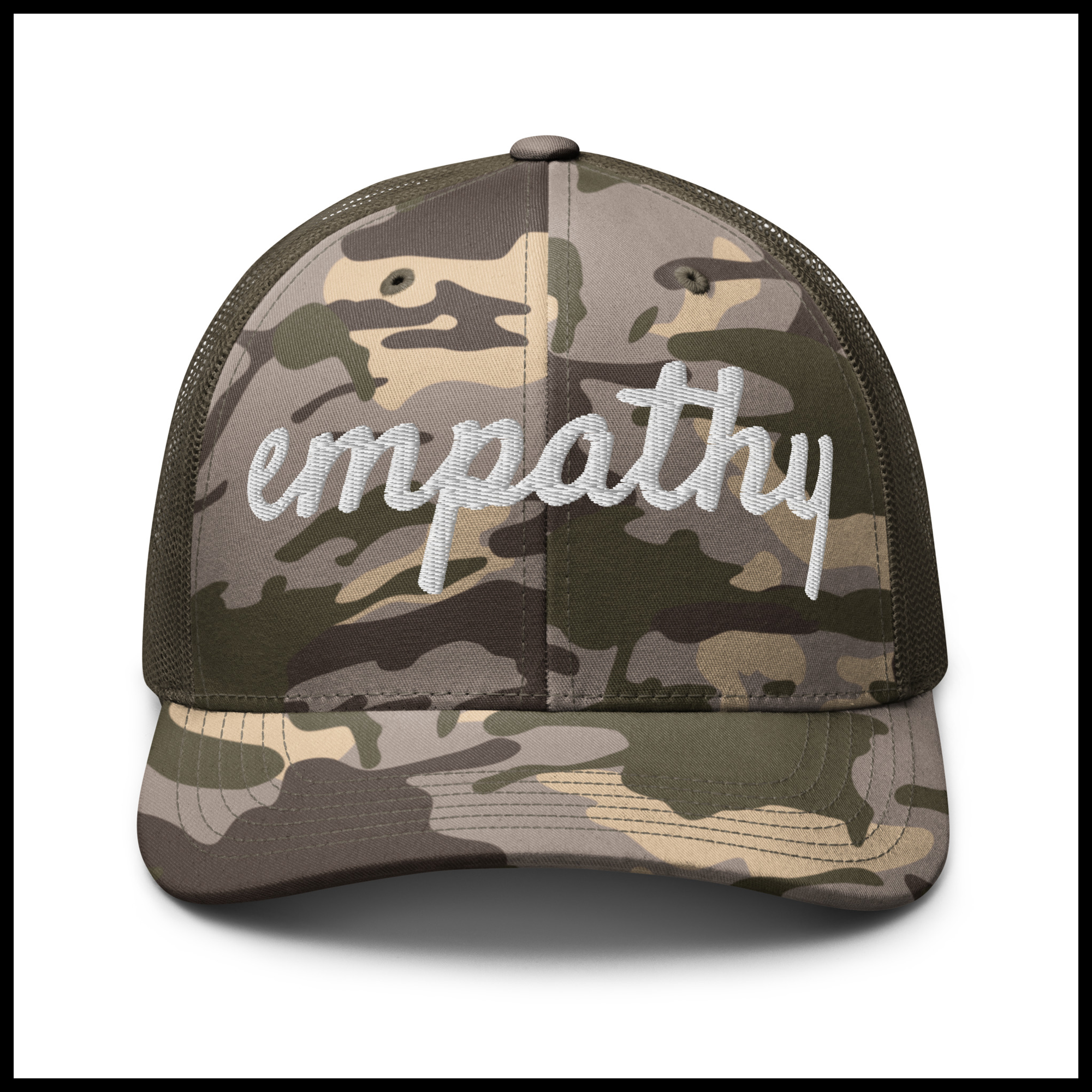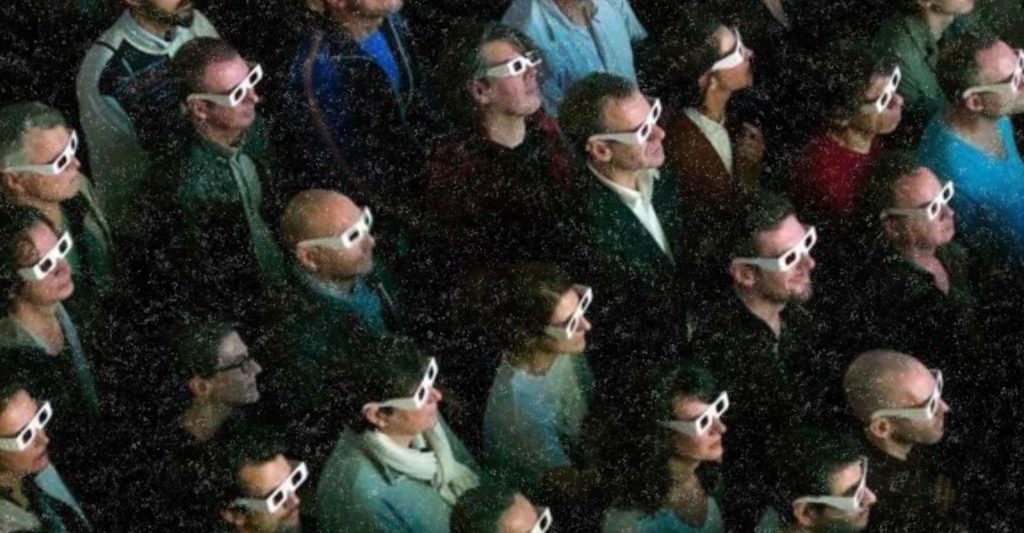
Want to be happier? Find and align with your purpose
Happiness is frequently conflated—even confused—with external signals of success—wealth, titles, social recognition, and other achievements. Yet countless people who achieve these goals say that they encounter an unexpected emptiness once they’ve “arrived,” and are left wondering why they still feel unfulfilled. While neuroscientists will tell you that our brains did not evolve to make us happy—but to help us survive—this is a rather recent (and inconvenient) revelation. Ancient wisdom, on the other hand, began pondering happiness and how to get it at least as early as the ancient Greeks.
Experts in ancient Greek translate the word eudaimonia, as it was used by Aristotle, as “happiness” but also note that the Greek word implies a sense of “flourishing” or “thriving” that the English word doesn’t necessarily entail. To Aristotle, true flourishing comes from living a life of virtue and purpose, an active alignment with our core values and pursuit of our best selves, rather than a passive (and usually temporary) feeling. Happiness consists in performing the virtuous activity itself.
Psychologists explain why external success usually fails to deliver lasting happiness with a concept called the hedonic treadmill. While events like promotions at work or becoming a Bitcoin millionaire may cause temporary elation, people who have these experiences typically slide back to their lower (baseline) of positive feelings in short order and need to “run faster” to regain the elated feeling (Source: Healthline). This phenomenon, rooted in our ability to adapt to new circumstances, means that chasing external rewards will always disappoint if sustained fulfillment is what we’re after. Instead, if it’s that flourishing and thriving we want, this kind of happiness grows from an internal alignment with our core values… and from meaningful relationships.
Pursuing this kind of happiness requires a shift in focus from extrinsic motivation to intrinsic motivation—a shift to making our goals and priorities worthwhile, primarily to ourselves. This journey involves discovering what truly matters to us, our purpose, and investing our time accordingly.
“Does intrinsic motivation mean self-absorption?” you ask. It can, if you use others as a means to your own happiness. But I would argue that extrinsic motivation—fame, wealth, power, etc.—leads people to use others far more often than an intrinsic motivation to live in alignment with their core values does.
In what follows, we’ll have a look at this transformative process, drawing on insights from leading thinkers on the topics of social wellness and becoming our best selves. We’ll reflect on what success means, where it can be found in relationships and work, and consider practical steps to align our lives with our core values.
Redefining Success and Happiness
In Build the Life You Want (2023), Oprah Winfrey and Arthur C. Brooks (a professor of leadership and management at Harvard) present an evidence-based framework for happiness centered on four pillars: family, friendship, work, and faith. These pillars provide a robust foundation for a resilient and rewarding life, enabling people to thrive in spite of external and internal challenges.
Friends and Family
Social scientists like Brooks have demonstrated that community and interpersonal connection are the soil where happiness grows. Sadly, in a more connected but ironically disconnected and isolated world, many people struggle to form meaningful relationships. To Aristotle, connection was not a means for gaining attention or making deals; relationships provided the environment where virtues are cultivated and a flourishing life can grow. The best friendships, he believed, are those based on mutual respect for character and shared values, and are one of the greatest contributors to a flourishing life.
By engaging in community, we invest in social wellness, our own and others’. These interactions reduce loneliness, provide support, and cultivate a sense of purpose through shared experiences. Simple actions like volunteering with a nonprofit or joining a book club can align with your pursuit of fulfillment, nurture relationships, and contribute to collective well-being—activities that exemplify the active, virtuous engagement central to a flourishing life.
Strong family relationships provide a bedrock of support and love. And meaningful friendships are vital for emotional well-being. Brooks and Winfrey suggest building habits like regular family mealtimes, open and honest communication, and managing expectations to strengthen the critical family bonds. Investing in a few close relationships rather than maintaining numerous superficial ones is their evidence-based recommendation on friendship. To strengthen these core friendships, schedule regular check-ins, share experiences (exercise, leisure, etc.), and practice vulnerability by discussing personal challenges. These behaviors build a supportive network that will enhance your happiness, and theirs.
Meaningful Work
Because work occupies such a significant portion of our lives, it is a critical arena for achieving fulfillment. People report that engaging in work that aligns with their personal values brings immense satisfaction, whether this means finding purpose in their existing role or through a career change.
In my friend’s book, The Path to Your Career Purpose (2022), Ashley Freeman challenges the belief that dream jobs are largely unattainable and offers a practical roadmap to align work with your unique purpose. Freeman’s approach begins with self-reflection to identify what excites and motivates you. As readers assess their skills, values, and passions, they pinpoint career paths that resonate with them. The book provides structured exercises, such as journaling about past experiences where one felt most engaged, to clarify these insights.
Finding what resonates with you and learning to do that job well is instrumental in a flourishing life. By aligning your work with your personal passions, you can transform your career from an obligation to an intense source of meaning.
But as we age, our abilities and priorities naturally evolve. In his earlier book, From Strength to Strength (2023), Arthur C. Brooks points to the experience many professionals have of a decline in job performance as they age because their roles continually demand fluid intelligence, as opposed to crystallized intelligence. Fluid intelligence, which peaks in our 20s and 30s, encompasses quick thinking, innovation, and pattern recognition—skills vital for roles requiring rapid problem-solving. Crystallized intelligence, however, grows stronger into our 60s and beyond, involving the application of accumulated knowledge and experience to make informed decisions and solve complex problems.
This decline in our fluid intelligence can lead to feelings of irrelevance or dissatisfaction, particularly for high achievers attached to past successes and recognition. After acknowledging these feelings, Brooks recommends we redefine success by transitioning to roles that require more crystallized intelligence, such as teaching, mentoring, and strategic advising. Seeking constructive feedback from colleagues, your boss, or a mentor; or adopting a growth mindset can transform what you call “work” into a key source of fulfillment. This transition mid- or late-career can provide a sense of thriving as an ongoing activity of leveraging your unique virtues which evolve over a lifetime.
Faith and Stillness
Our world is full of noise and distractions. As a result, achieving inner stillness amidst the outer chaos is a vital step toward clarity of purpose that leads to fulfillment. In Stillness is the Key (2019), Ryan Holiday draws from ancient Stoic and Buddhist philosophies (among others) to argue that stillness—being steady amidst chaos—is essential for the self-mastery and focus needed to flourish.
Holiday defines stillness as a state of calm and presence, rather than inactivity. In this state we think clearly, make better decisions, and connect with our true selves. In this space, we can reflect on our values and align our actions with our deepest aspirations. Such clarity is essential for developing practical wisdom (what Aristotle called phronesis)—the ability to discern the right course of action in complex situations and to apply moral principles effectively.
Whether through organized religion or personal spirituality, many behaviors guided by stillness or faith connect people to a larger purpose and community. Practices such as meditation and mindfulness, prayer, gratitude journaling, and volunteering in the community are reported to deepen this sense of purpose and help people manage negative emotions and cultivate positivity (Source: Brooks & Winfrey, 2023).
Holiday recommends several practical techniques to cultivate stillness, including:
- Meditation: Regular mindfulness practice to quiet the mind and enhance focus.
- Journaling: Writing to process emotions and gain perspective on life’s challenges.
- Nature: Spending time outdoors to reconnect with simplicity and tranquility.
- Limiting Distractions: Reducing screen time and creating boundaries with technology.
A daily 10-minute meditation can help manage stress and improve decision-making, while journaling in the evening can process the day’s events and set intentions for the future. Spending time outdoors, like hiking, can restore a sense of calm, aligning your perspective with your personal priorities.
Stillness promotes resilience, allowing us to navigate challenges with composure and pursue goals with intention. It’s not about withdrawing from the world but engaging with it more meaningfully, ensuring our actions reflect our true purpose and values.
Conclusion
Investing in our happiness will involve shifting our focus from external recognition to internal recognition—recognizing our core values, our purpose, and the relationships where we love and are loved in return. This journey will require an active pursuit of living well through virtuous action and purposeful engagement. The four pillars of family, friendship, work, and faith provide a roadmap to a more meaningful existence that conscious humans have travelled for millenia. These pillars are retro and old-school, but they are also vintage.
Here at Wellvyl Media, we believe in the power of community to improve happiness and social wellness. Whether through volunteering, engaging in community events and activism, or fostering meaningful relationships, connecting with others amplifies our sense of purpose and belonging. We believe that humans achieve their full potential within a supportive community that encourages virtuous living. As you continue your journey to fulfillment, we hope you’ll reflect on what matters most to you. Experiment with small, actionable steps—journaling, meditating, doing purposeful work (maybe for free at first), and engaging in your community. Happiness is not a destination but a journey of growth and alignment with your unique purpose—a lifelong practice of striving to be the best you that you’ve ever been. By embracing this journey, which will be rewarding but not easy, you’ll build a life that is not only successful but deeply fulfilling.
Shop +wellvyl APPAREL








